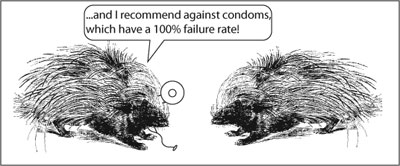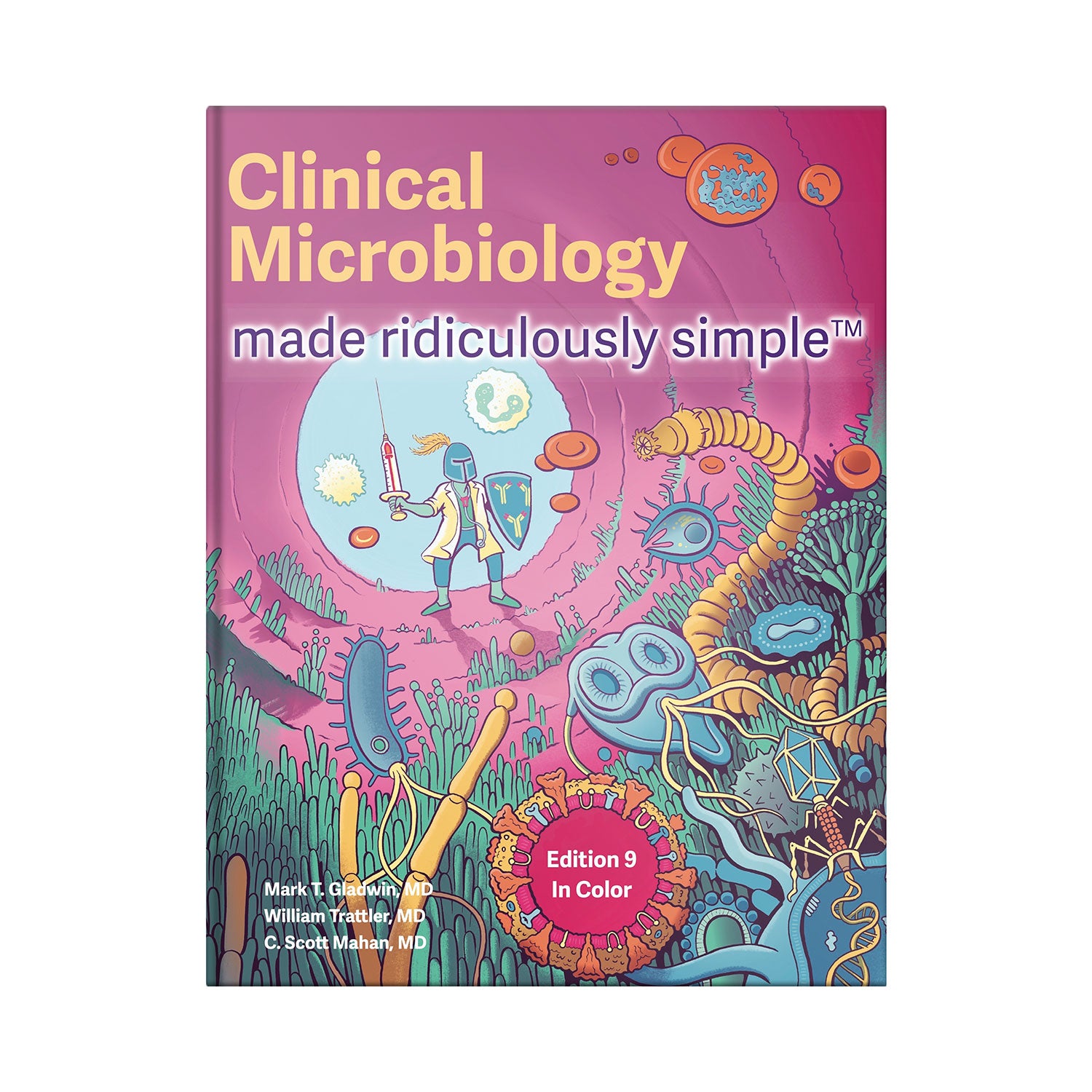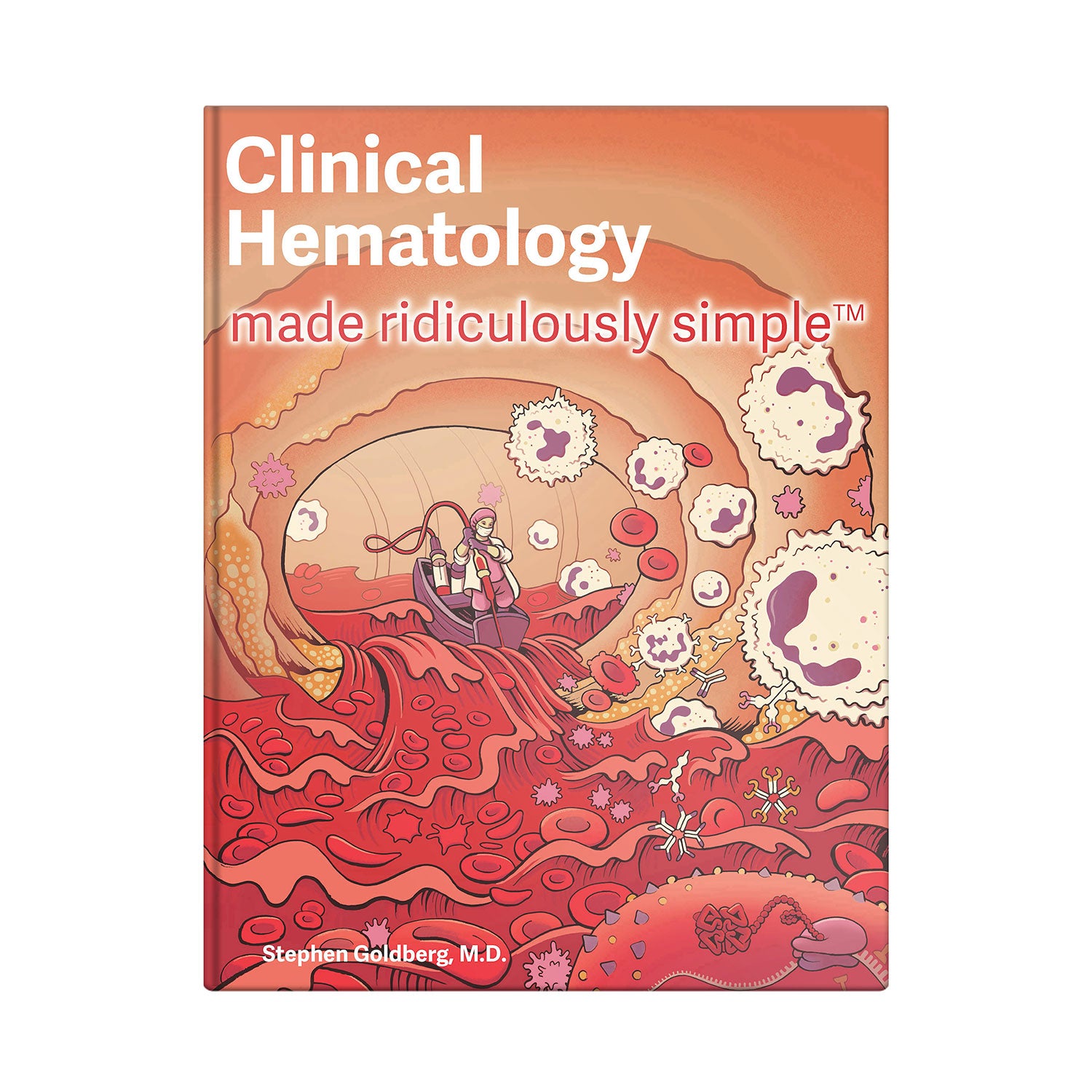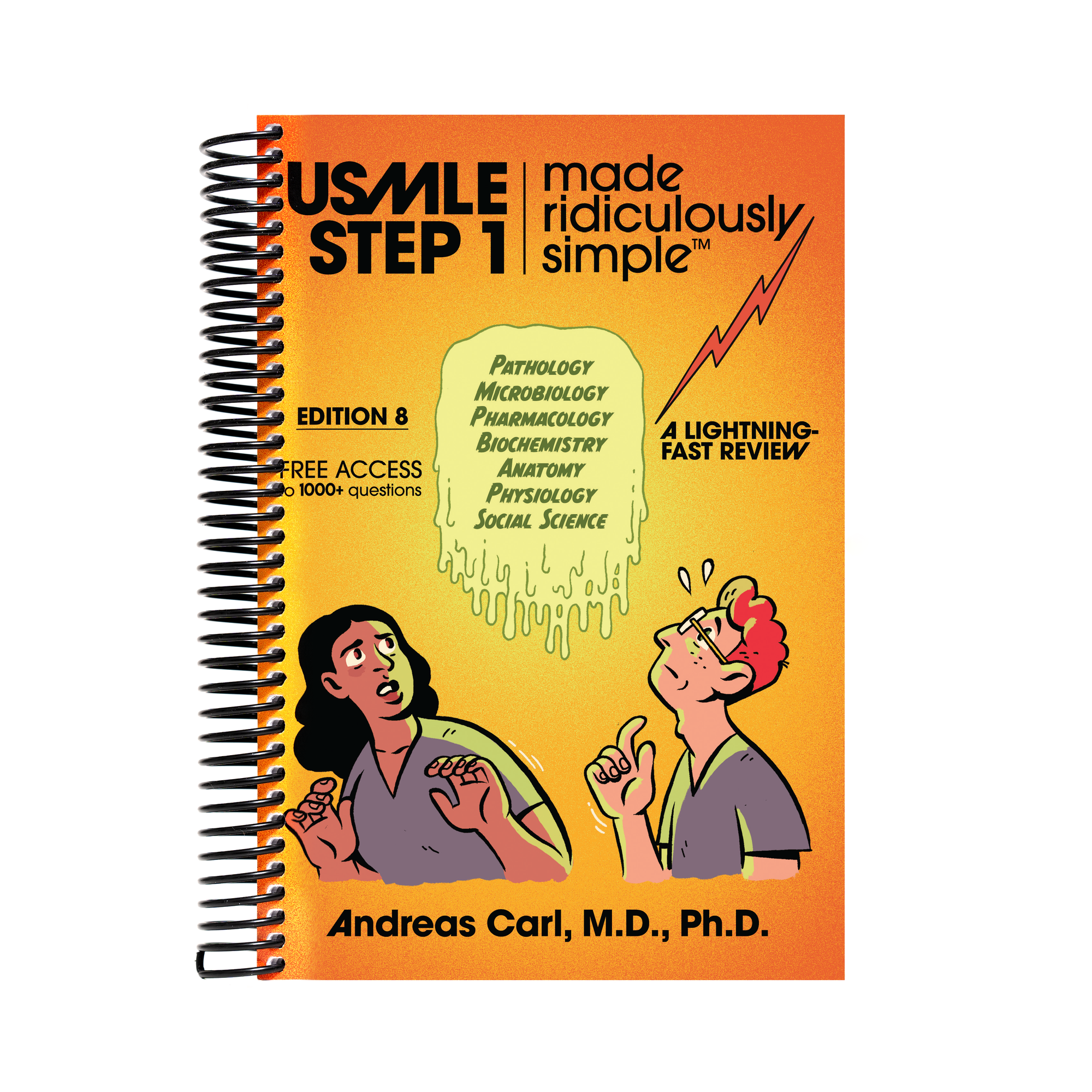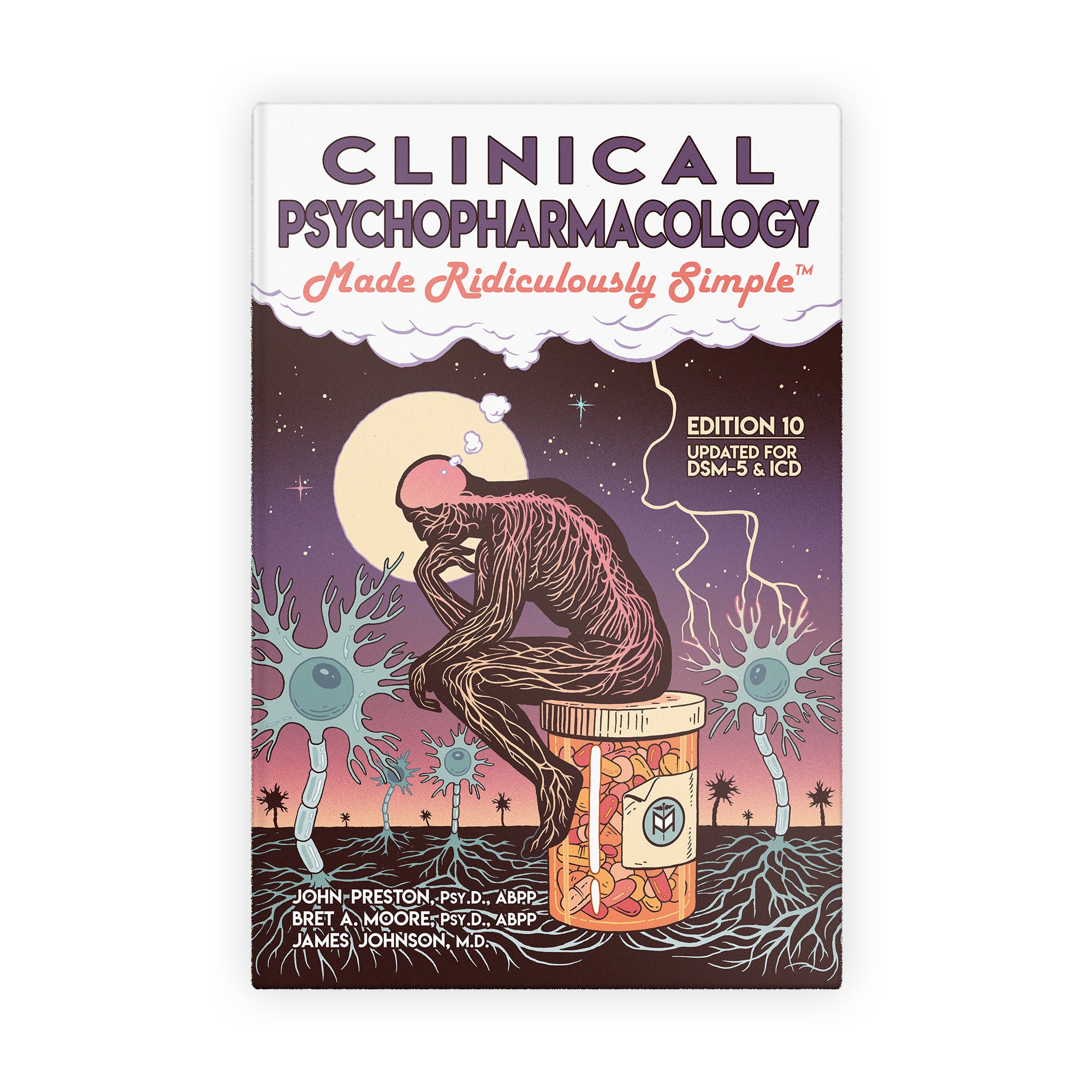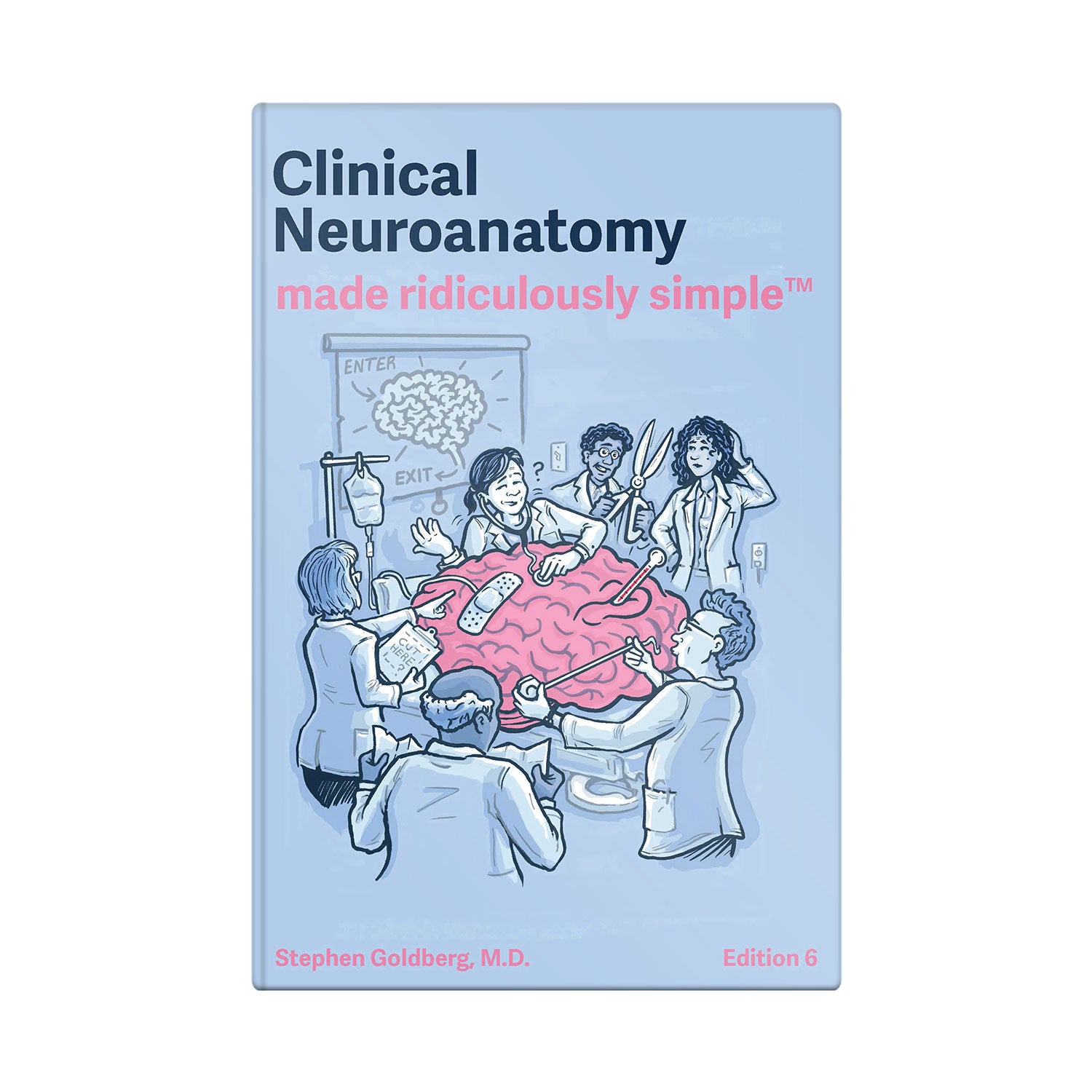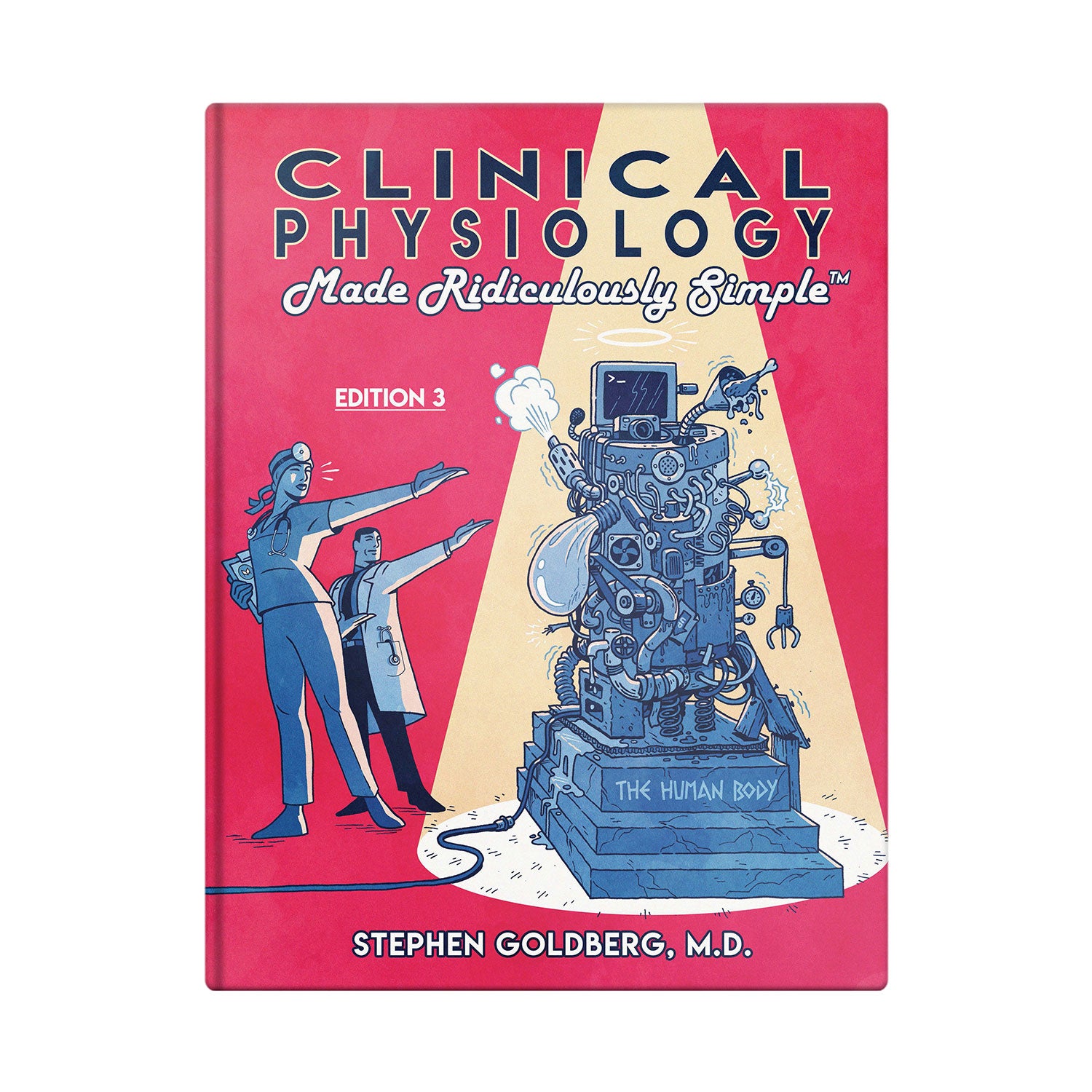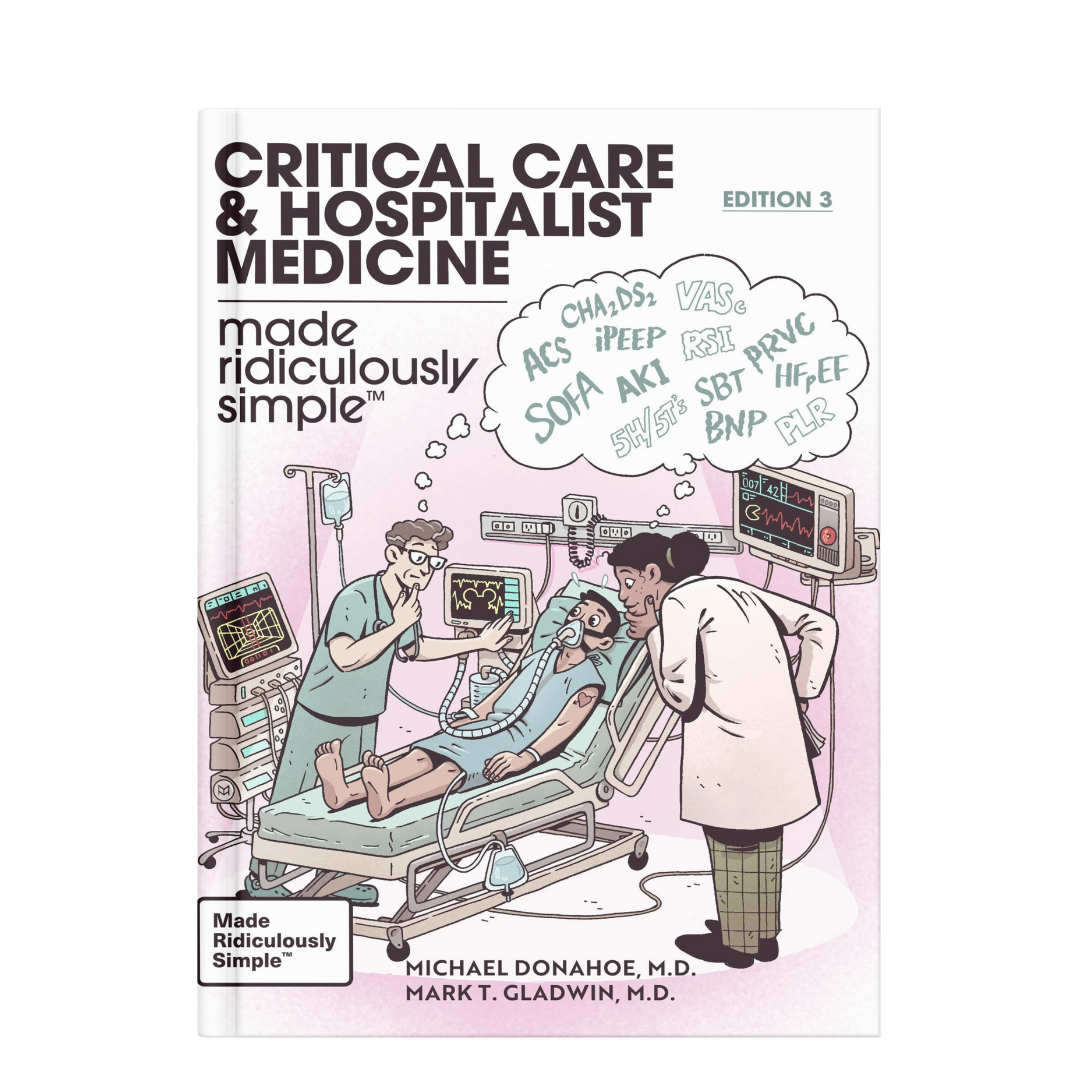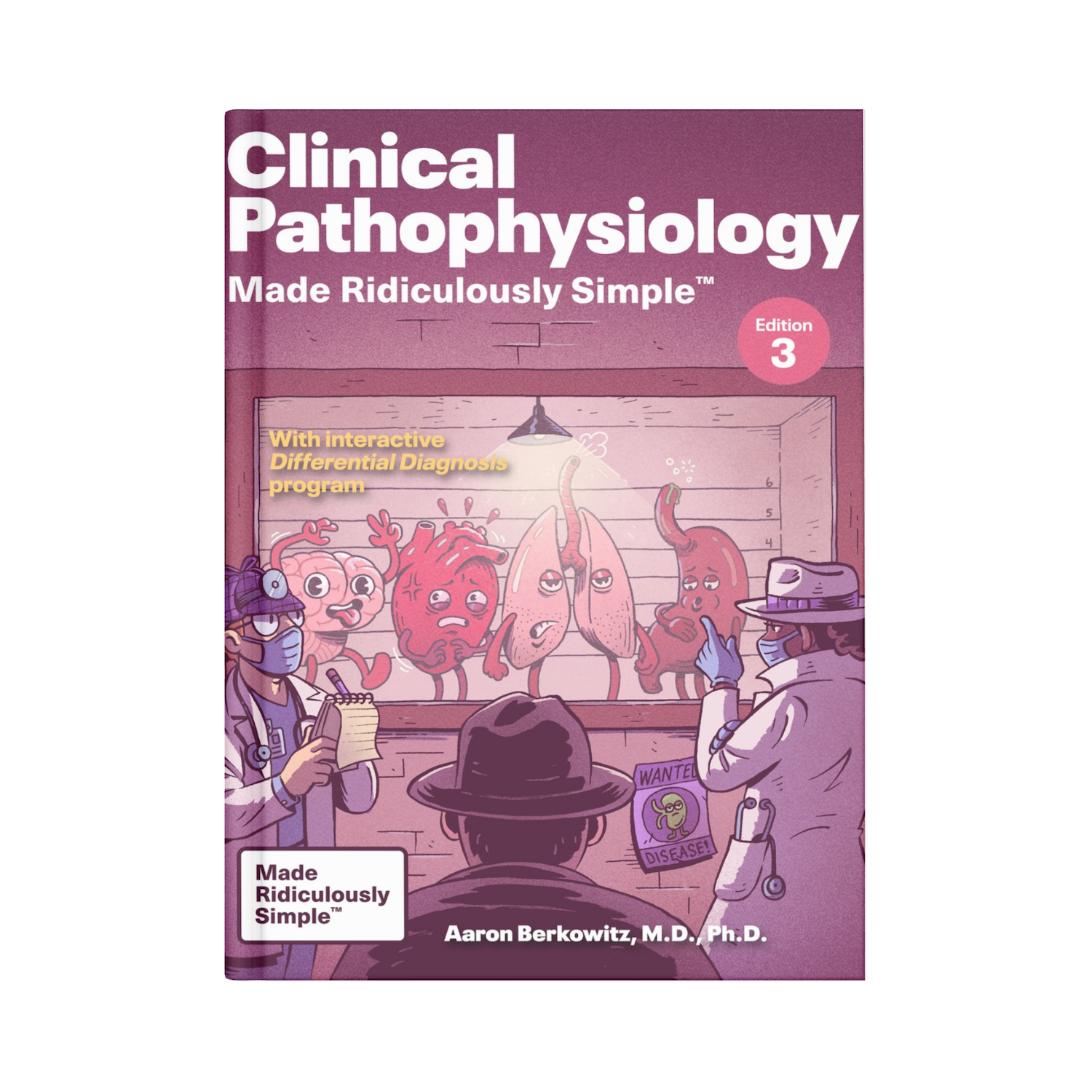
Revamping The Med School Curriculum
While this may seem to be a “minimalist” approach to education, it is not.
Having taught medical students for 25 years, practiced in several different medical fields, edited all the Medmaster titles in the basic and clinical sciences, and received feedback from many instructors and students through the years, here is how I would revamp the medical curriculum:
- I would continue learning the basic sciences in the first two years, followed by 2 years of clinical experience, as opposed to the idea of learning the basic sciences and seeing patients right from the start. While one may want to see patients as soon as possible, it is better to first learn the basics, since you can then approach medicine with overall understanding, rather than scattered facts. It is like the juggler, who needs to combine a number of different skills to perform, such as simultaneously juggling 6 balls, twirling 3 hoops around one foot, and balancing a stick on his head. He would do better by first learning each skill separately and then putting them together, rather than trying to learn by practicing all of them together from the start. The basic sciences, though, should not be taught without reference to clinical medicine; they should be taught with a clinical emphasis, showing the clinical relevance of each subject as it is taught.
- While small group discussions of clinical cases in the first two years can be an excellent source of learning for a given case, they tend to be an inefficient way to learn. They are time-consuming and cannot get into the vast amount of medicine that has to be learned. Also, when scheduled in the basic science years, they are presented too early for an adequate understanding of the topics, since the student has not yet learned the underlying basic science. While case discussions in the basic science years provide a way to introduce clinicians into the discussion (as most basic science courses are taught by PhDs, rather than clinicians), clinical relevance can be introduced more efficiently through well-designed reading, audio, and video presentations.
- There is an overload of information in the medical curriculum today. We need to focus on general principles and understanding as opposed to numerous esoteric facts. People are much better at understanding than rote memorization, while computers excel at memorizing detail. The game-changer in today’s education is that it is easy to search for facts as needed on electronic media such as the Internet, in contrast to the past, where one had to rely on the latest reference texts and printed journals or go to the library to search through tomes of Index Medicus for relevant articles.
By the end of medical school we forget many of the facts that we learned. And we do not acquire an overall understanding of many topics because of the deluge of information that we are hit with over the four years; we do not see the forest through the trees. It is better to acquire overall understanding and know where to search for further detail. Learning general principles with understanding is in itself a fulltime job. - I would, for the most part, eliminate classroom lectures. Lecturers vary in quality, and even when there is an excellent lecturer, it can be difficult keeping up with note taking and grasping what is being said in a fast-talking delivery, especially when tired after staying up late. Why sit through a classroom lecture when one can learn the same thing through a YouTube or other video venue, at one’s own time and pace, and stop and go back to review points for clarification? I think the best use of the future instructor will not be to deliver a lecture in a classroom, but as a facilitator in pointing to the best educational sources for the student and responding to student questions. Where an instructor has something special to relay to the student that cannot be found elsewhere, it often would be better to present it as a personal reference video than as a classroom lecture. The instructor should, however, be available for individual questions from students, whether in person or by electronic communication. This will not only be better educationally for the student, but for the basic science instructor, who in many cases would prefer to spend more time in research activities. Rather than repeating the same lecture many times, the instructor can point to a well-designed video that can be accessed by different classes.
- There should be a detailed list that the student receives on entering medical school as to what material in the basic sciences to learn, with recommendations as to where to find the information. The student should largely learn independently. There should be periodic tests to insure that studying is not crammed in toward the end, when the tests are given.
The same should apply in the clinical years. The student should have a list of the most important clinical conditions, with suggestions as to the most reliable learning resources to diagnose and treat them, whether they are books, apps, or videos. As is, education in the clinical years is often not organized, with the student left on his/her own to determine what is important to learn. As in the basic sciences, there should be periodic tests of knowledge. Learning through direct patient care is also very important, perhaps the most important way of all to learn. After seeing patients in the hospital each day, the student should seek out information as to differential diagnosis and treatment of the conditions seen that day. The student cannot learn everything, but by focusing mainly on the illnesses of the day, at the end of the four years the student will have studied the most common diseases. - Exams, including the Boards, should not present ‘gotcha’ questions, but basic information highly relevant to practice. So what if the questions are so basic that nearly everyone can succeed at the tests. They should be designed to confirm that the student has the necessary practical knowledge base. With the time saved by teaching general principles and promoting understanding in the basic sciences, rather than an overload of esoteria, the student will have more time to review for the Boards and study medical topics of personal interest.
- While this may seem to be a “minimalist” approach to education, it is not. In the end it would maximize a student’s overall understanding of medicine, while inculcating a lifelong method of seeking out detailed information as needed.
From Med'Toons.
What do you think?
The Goldberg Files
The Goldberg Files is based on the struggles of Dr. Goldberg as well as those of his many students which he observed while teaching medical school for 25 years. This extensive blog is dedicated to assisting students in dealing with the stresses of medical education. Want to learn more?

